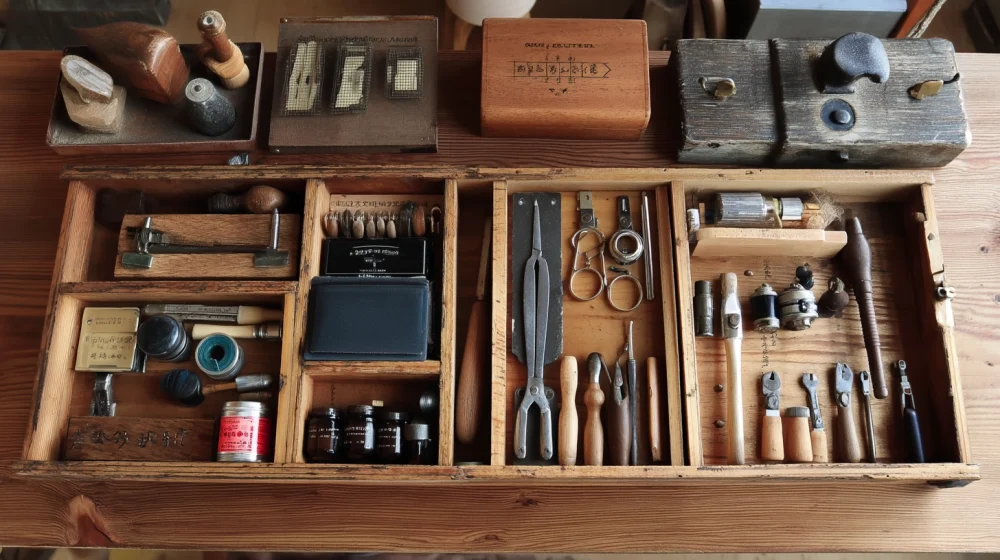Before asking “What am I lacking?” have you ever asked, “How can I use what I already have?” Adlerian Psychology sees people not as passive owners of traits, but as active users of them. This article explores Adler’s concept of the “Psychology of Use,” contrasting it with the “Psychology of Possession,” offering practical insights to move your life forward with purpose.
It’s Not What You Have — It’s How You Use It
We often see our personality, abilities, or circumstances as fixed traits we’re born with. Thoughts like “I’m too shy to speak in public” or “I fail too often to be confident” reflect a “possessive” mindset — believing we’re at the mercy of what we have.
Adlerian Psychology challenges this view. The key isn’t *what* you have, but *how* you use it. For example, someone with strong sensitivity may be seen as fragile or unstable in some contexts — but the same trait may be praised in art, counseling, or marketing as high empathy and creative insight.
Your temperament is not inherently good or bad — it’s a flexible tool whose value depends on how it’s used. Adopting this mindset leads to deeper self-understanding and self-acceptance.
The Core Difference Between the Psychology of Possession and the Psychology of Use
The “Psychology of Possession” views people as collections of traits and conditions: trauma, tendencies, genetics, past experiences — all seen as things *within* the person that cause behavior.
While this may sound scientific, it often leads to fatalism: “I can’t help it, it’s who I am” or “It’s because of my trauma.” This mindset can diminish one’s sense of agency.
In contrast, the “Psychology of Use” focuses on the *choices* we make: “How am I using this trait now?” “Where am I aiming it?” It sees people as active agents, and focuses on future-oriented, purpose-driven behavior.
Adler famously said, “Emotions are never reasons for action.” This powerful idea means that *no matter what we feel*, the choice to act is still ours. We always hold the rudder of our actions.
It’s Not About Changing Your Personality — It’s About Changing How You Use It
Many people wish to “change their personality.” But is that really necessary? From an Adlerian perspective, perhaps not — you can simply change how you *use* it.
Take someone who feels scattered and restless. Instead of labeling this as a flaw, what if we reframed it as “curious and energetic”? In startup environments or creative fields, this trait could become a major strength.
By seeing personality not as a fixed flaw, but a flexible tool, your perspective on yourself can change dramatically. Personality may be hard to change — but how you use it can change in this very moment.
Conclusion
Adlerian Psychology teaches us that we are driven not by our past, but by our future goals.
We are not bound by our traits — we shape meaning in life through how we choose to use them. This is a change anyone can make, and it’s the first step toward living with purpose and hope.
So — how will *you* use what you have? Facing that question honestly is the fuel for living authentically and joyfully.
*All images used in this article were generated with Midjourney.*
ロゴ.png)










